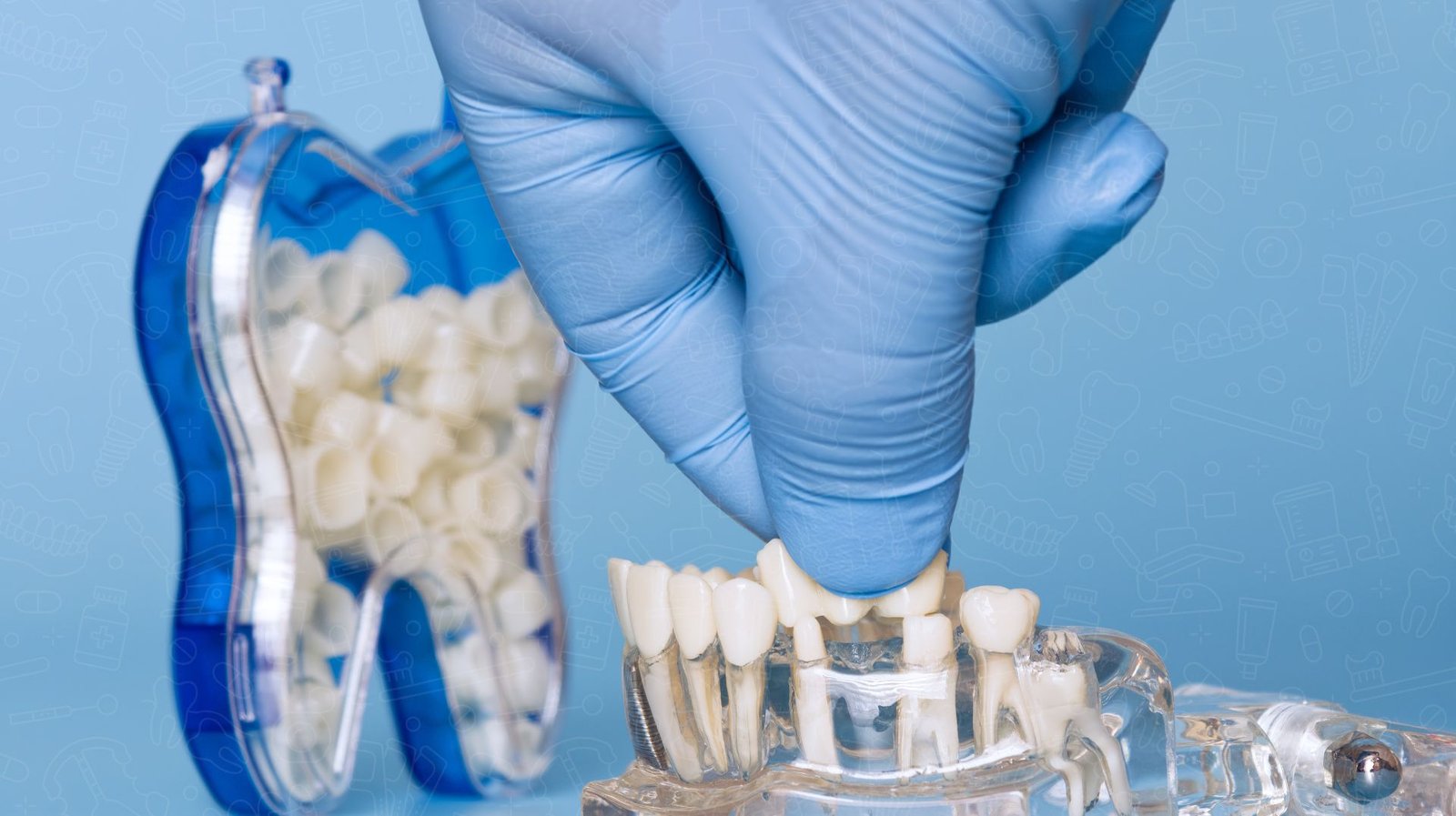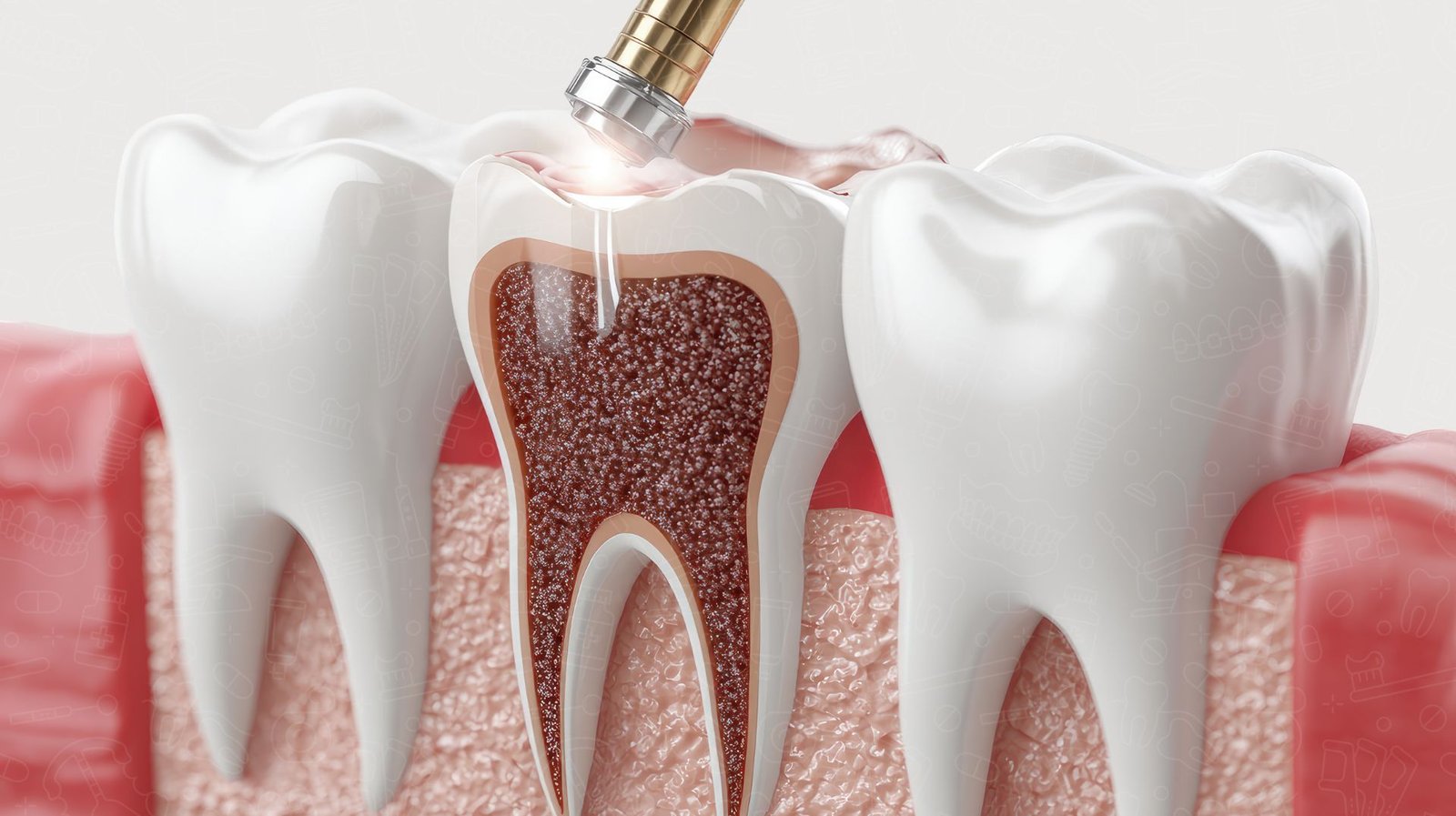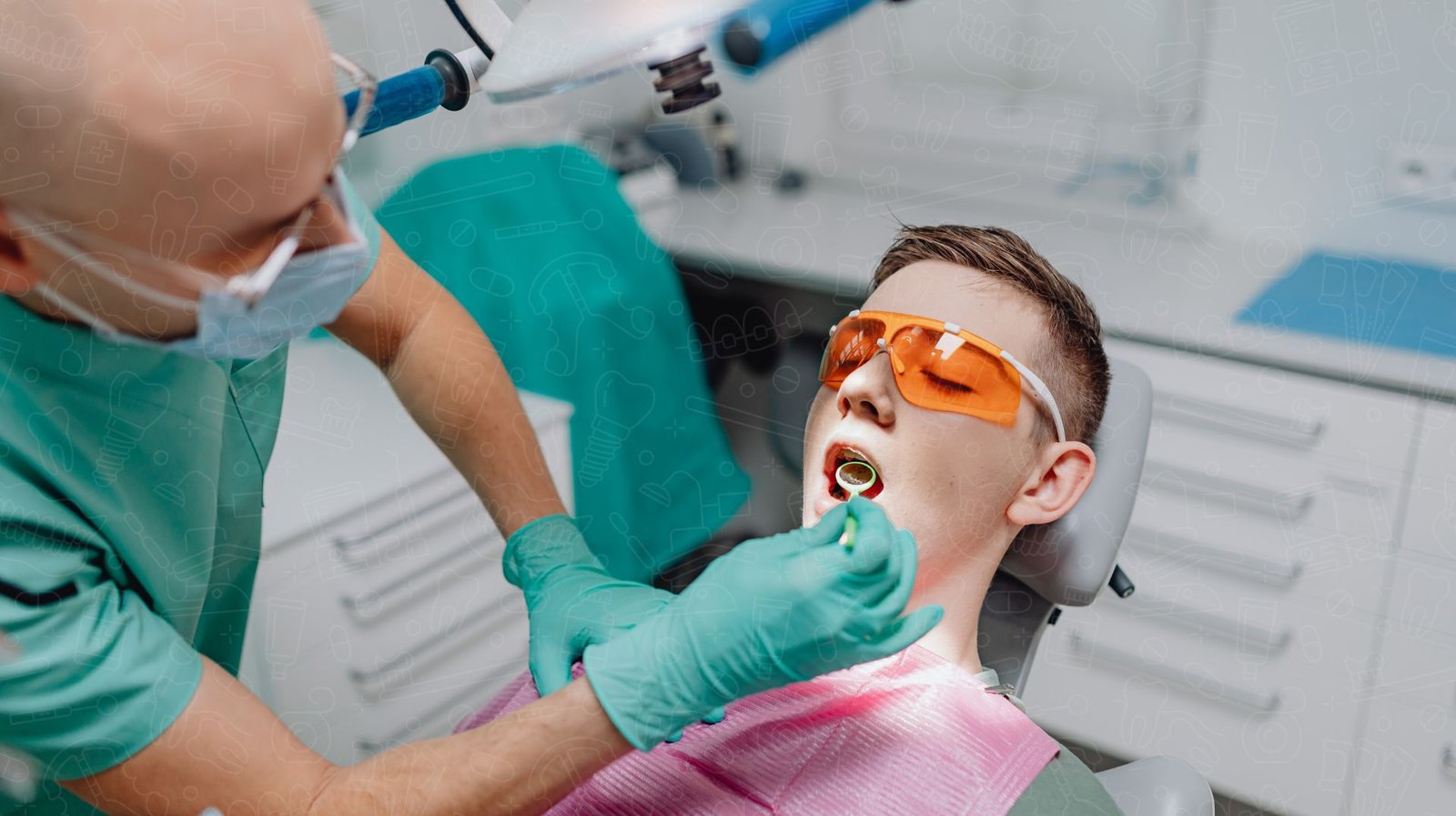Introduction to Oral Health During Pregnancy
Maintaining good oral health during pregnancy is vital not only for the mother but also for the baby’s well-being. Poor oral health during pregnancy has been linked to adverse pregnancy outcomes such as preterm birth and low birth weight. Common oral health issues pregnant women may face include gum inflammation (gingivitis), increased tooth sensitivity, and a higher risk of developing dental caries.
Impact of Pregnancy on Oral Health
Hormonal changes can significantly impact oral health during pregnancy. Increased levels of progesterone and estrogen can lead to heightened gum sensitivity and inflammation. This hormonal shift makes pregnant women more susceptible to gingivitis, characterized by swollen, tender gums that may bleed during brushing or flossing. Additionally, changes in dietary habits and morning sickness can contribute to tooth enamel erosion and an increased risk of cavities.
Common Oral Health Concerns During Pregnancy
Women may experience several common issues of oral health during pregnancy that require attention to ensure a healthy pregnancy and baby.
- Gingivitis: Gingivitis, characterized by swollen, tender gums that bleed easily, is a prevalent concern during pregnancy. Hormonal changes, particularly increased levels of progesterone, can make gums more sensitive to plaque buildup, leading to inflammation and gingivitis. Studies show that up to 60-75% of pregnant women experience gingivitis, highlighting its significant prevalence during this time.
- Pregnancy Tumors: Another oral health issue that can arise during pregnancy is pregnancy tumors, also known as pyogenic granulomas. These are benign growths that may develop on the gums due to hormonal changes. Although they are non-cancerous, pregnancy tumors can cause discomfort and bleeding. While not as common as gingivitis, they are still a notable concern for pregnant women.
- Tooth Decay: Tooth decay, including cavities and enamel erosion, is also a common issue during pregnancy. Changes in diet, increased snacking, and morning sickness can contribute to the development of cavities. The acidity from vomiting can erode tooth enamel, leading to increased sensitivity and a higher risk of decay. Proper oral hygiene and dietary choices are crucial in preventing tooth decay during pregnancy.
Importance of Dental Care During Pregnancy
Regular dental care during pregnancy plays a crucial role in maintaining oral health and overall well-being for both the mother and the baby.
- Regular Dental Check-ups: Regular dental check-ups are essential during pregnancy to monitor oral health and address any emerging issues promptly. Dentists can detect and treat gingivitis, pregnancy tumors, and tooth decay early, reducing the risk of complications. The American Dental Association recommends at least one dental visit during pregnancy for routine examination and cleaning.
- Preventive Measures: Emphasizing preventive measures is key to maintaining good oral hygiene during pregnancy. This includes:
- Brushing teeth at least twice a day with fluoride toothpaste to remove plaque and prevent decay.
- Flossing daily to clean between teeth and prevent gum disease.
- Using a soft-bristled toothbrush to avoid irritating sensitive gums.
- Using fluoride mouthwash as recommended by a dentist.
- Maintaining a balanced diet and limiting sugary snacks and beverages to reduce the risk of cavities.
By prioritizing regular dental check-ups and adopting preventive measures, pregnant women can protect their oral health, reduce the risk of common oral health concerns, and promote a healthy pregnancy outcome.
Safe Dental Procedures During Pregnancy
Many routine dental procedures, such as cleanings, fillings, and root canals, are considered safe during pregnancy, especially during the second trimester. However, elective procedures and non-emergency treatments may be postponed until after childbirth. Dentists take precautions to minimize exposure to radiation during X-rays, and medications prescribed during dental visits are carefully chosen to ensure safety for both the mother and the baby.
Nutrition and Oral Health
A balanced diet rich in essential nutrients like calcium, vitamin D, and phosphorus is crucial for maintaining optimal oral health during pregnancy. These nutrients support healthy tooth development in the baby and strengthen the mother’s teeth and bones. Pregnant women should also limit sugary snacks and beverages to reduce the risk of cavities and enamel erosion.
Tips for Maintaining Oral Health During Pregnancy
- Brush teeth at least twice a day with fluoride toothpaste.
- Use a soft-bristled toothbrush to avoid irritating sensitive gums.
- Floss daily to remove plaque and food particles between teeth.
- Rinse with a fluoride mouthwash approved by your dentist.
- Maintain a balanced diet and stay hydrated to support oral and overall health.
Consultation with Dental Professionals
Pregnant women are encouraged to communicate openly with their dentist about their pregnancy status and any concerns they may have. Dental professionals can provide personalized advice, recommend safe treatments, and address specific oral health needs during pregnancy. Coordination between healthcare providers ensures comprehensive care and optimal outcomes for both mother and baby.
Conclusion
In conclusion, prioritizing oral health during pregnancy is essential for a healthy pregnancy and a healthy baby. Regular dental check-ups, proper oral hygiene practices, a balanced diet, and communication with dental professionals are key components of maintaining optimal oral health during pregnancy. By taking proactive steps and seeking timely dental care, expectant mothers can ensure a bright and healthy smile for themselves and their little ones.





